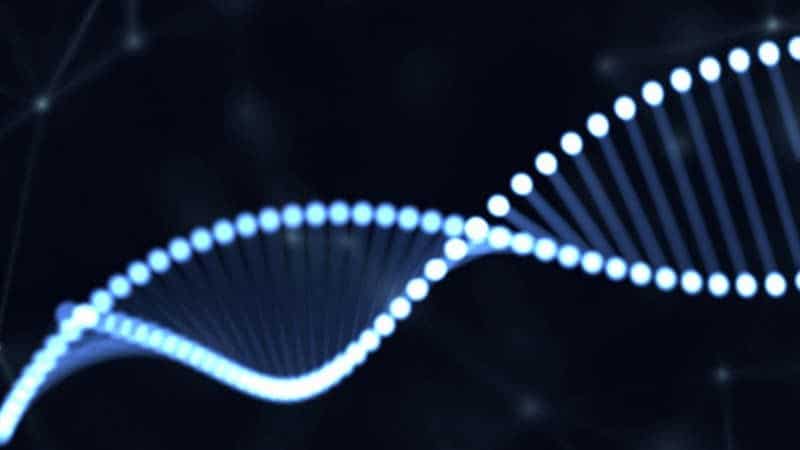The European Commission is missing another major opportunity to ensure that European regulatory decisions are based on science, says EuropaBio’s biotech director.
“Whereas last month the Commission had the opportunity to choose to reduce unnecessary testing requirements during the GMO risk assessment process, it seems to have chosen to ignore the science that proves — yet again — that some of the testing requirements are in fact not required,” said Beat Späth, director of agricultural biotechnology at EuropaBio, the European association for bioindustries.
“Any risk assessment process,” he continued, “must be based purely on science and not politics, and it should adhere to basic risk assessment principles, which deem some of the requirements that currently exist for GM food and feed risk assessment to be totally unnecessary. There is no place for politics in the risk assessment stage. Political considerations should remain part of the risk management stage, which follows risk assessment.”
In 2013, the Commission imposed mandatory 90-day animal feeding trials for GM food and feed risk assessment in an implementing regulation. According to Spath, this happened for political reasons, and against the will of the EU’s risk assessment body, the European Food Safety Authority (EFSA), which repeatedly dismissed the requirement as unnecessary. The requirement remains in clear contradiction with the principle of science-based risk assessment, he adds.
The same implementing regulation stipulates that the Commission shall a) monitor the outcome of the EU research project GRACE, in which an independent academic consortium concluded in November 2015 that there is no scientific justification for a mandatory 90-day feeding study; and b) publish a review of the testing requirements on the basis of this new scientific information by 30 June 2016.
“The Commission has not to our knowledge published the said review. Moreover, its failure to act on this scientific recommendation seems out of line with EU legislation stipulating a clear requirement to replace, reduce and refine the use of animals used for scientific purposes,” Spath says.













